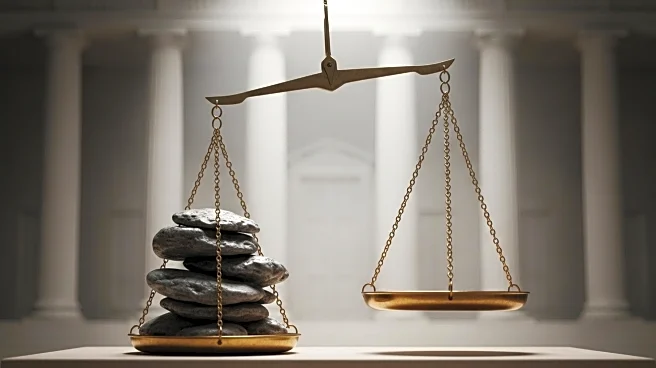What's Happening?
The Supreme Court's liberal justices are showing differing approaches in their dissenting opinions on the emergency docket, known as the 'shadow docket.' Justices Ketanji Brown Jackson and Sonia Sotomayor have been more vocal in their criticism of the conservative majority's decisions, while Justice Elena Kagan has been more reserved. The emergency docket has seen an increase in cases, often involving President Trump's administration seeking relief from legal challenges.
Why It's Important?
The differing dissenting styles among liberal justices highlight internal dynamics within the Supreme Court and may influence public perception of the court's decision-making process. The emergency docket's rise, often favoring Trump's administration, raises concerns about transparency and judicial accountability. These developments could impact future court reforms and the balance of power within the judiciary.
What's Next?
As the Supreme Court's new term begins, the liberal justices may continue to voice their dissent, potentially affecting the court's approach to emergency cases. Their critiques could lead to discussions on reforming the emergency docket process, aiming for greater transparency and accountability in judicial decisions.
Beyond the Headlines
The liberal justices' dissenting opinions may contribute to broader debates on judicial independence and the role of the Supreme Court in upholding democratic principles. Their actions could influence future legal strategies and public trust in the judiciary.









